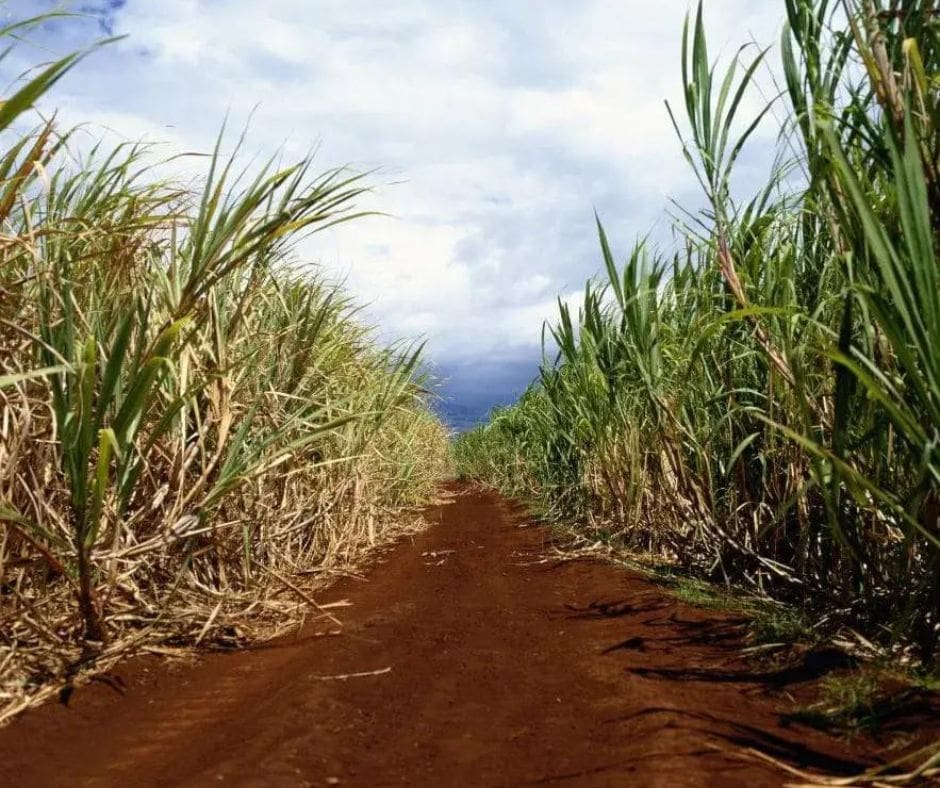
Sustainable Construction Regulations in Costa Rica
By Alina Guzman, GM Attorneys.
Costa Rica is known worldwide for its environmental commitment and sustainable development. One way the country is helping to protect the planet is through new laws that promote sustainable construction and environmentally friendly structures that use resources efficiently.
Why is sustainable construction significant?
Traditional construction can harm the environment. It consumes large amounts of water and energy, generates much waste, and pollutes the air. Costa Rica has started implementing regulations to make new buildings more eco-friendly and efficient. This means constructing in a way that reduces the use of natural resources and minimizes pollution.
Globally, building construction and operation are estimated to contribute to nearly 40% of carbon dioxide (CO2) emissions, one of the gases responsible for climate change. Costa Rica, a country committed to reducing these emissions, has taken steps to change this situation.
Sustainable Construction Regulations.
In January 2020, the Sustainable Construction Guidelines (Directriz N° 050-MINAE dated June 05, 2019) entered into effect in Costa Rica as part of its Carbon Neutrality 2.0 Program (Decreto N° 41122-MINAE dated May 28, 2018). These guidelines establish rules for construction projects to minimize energy and water usage, enhance material recycling, and reduce pollution. They also promote the adoption of cleaner technologies, such as solar panels and water-saving systems, to advance sustainability in public sector construction initiatives.
In addition, the National Construction Regulations (RNC) have been updated to include sustainability standards. These standards require new buildings to use water, energy, and proper waste management more efficiently. With these changes, projects can obtain green certifications, such as LEED (Leadership in Energy and Environmental Design), which recognizes that a building meets high sustainability standards.
EDGE Certification and other efforts.
Costa Rica has also adopted the EDGE certification, which the World Bank promoted. This certification focuses on three main areas: saving energy, saving water, and using environmentally friendly materials. This has motivated more developers and builders to implement sustainable practices in their projects.
To further encourage sustainable construction, the government has created incentives. Companies that build sustainably can receive benefits, such as tax discounts and faster construction permit processes.
Challenges in implementing sustainable construction
While the new regulations are essential, sustainable construction still faces challenges in Costa Rica. Not all construction professionals are familiar with these new laws or have the proper training to apply them. The government and organizations like the Costa Rican College of Engineers and Architects (CFIA) offer training courses to address this issue.
Another challenge is the perception that sustainable construction is more expensive than traditional methods. Although the initial cost may be higher, in the long run, sustainable buildings save much money on electricity and water bills while also helping to protect the environment.
The new sustainable construction regulations are crucial in ensuring Costa Rica remains a leader in environmental protection. These laws help the country reduce its environmental footprint and promote more responsible urban growth. With proper implementation and adoption of these regulations, Costa Rica is paving the way for a greener and healthier future for everyone.
We at GM Attorneys will be pleased to help you with legal matters in Costa Rica! You can contact us at info@gmattorneyscr.com or visit our website and blog section at https://gmattorneyscr.com/blog/





